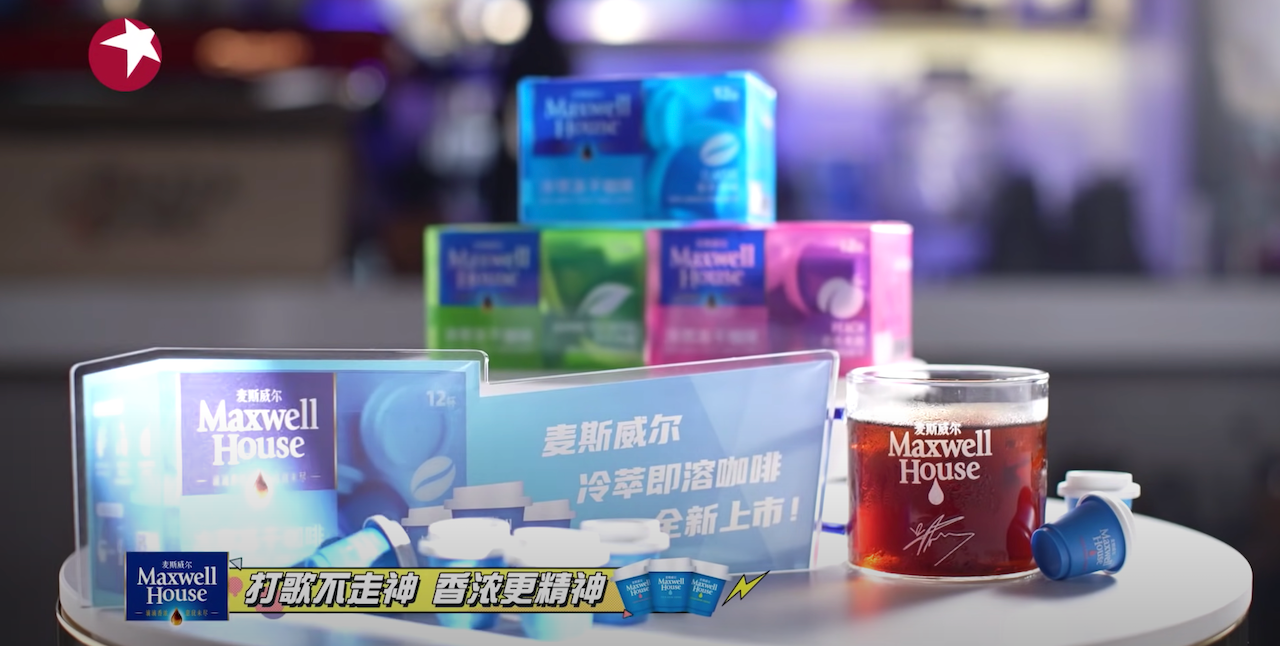Key Takeaways:#
- Having curtailed competition reality shows and ended the reign of “Little Fresh Meat” celebrities, authorities are taking aim at programming that is “excessively” entertaining.
- In response, we can expect a new breed of reality shows that are extremely low-key and relatively innocuous, exemplified by the coffee-and-music-themed Flash Cafe.
- Amid the ongoing crackdown, producers will try to bake in plenty of derivative IP sold both on- and offline in 2022 to drive long-tail revenue.
As we enter the final weeks of 2021, China’s wide-ranging crackdown on celebrities, fan culture, and the domestic entertainment industry — covered in our recent report, What China’s Big Celebrity Crackdown Means For Luxury — shows no sign of slowing down. Having essentially shut down the competition reality programs that have become a key marketing vehicle for local and global brands in recent years, Chinese authorities now threaten to further muddy the waters of what is allowed and what’s not via a new salvo against programming that is too entertaining.
Last week, two powerful Chinese government agencies — the Central Propaganda Department and the National Radio and Television Administration (NRTA) — met with television stations in Shanghai, Jiangsu, Zhejiang and Hunan to address what they called the “problem of excessive entertainment in satellite television programs.” Although authorities conceded that these stations had made “positive contributions in promoting mainstream values and spreading positive energy” with their programming, the officials cited issues to be rectified, specifically — and frustratingly vaguely — excessive entertainment (过度娱乐化) and celebrity idolization (追星炒星).
According to state media, the agencies “emphasized” that the stations “carry out comprehensive management work” in the field of entertainment and “vigorously promote the core values of socialism.” For their part, the stations said they would “conscientiously implement the interview requirements, comprehensively strengthen rectification and reform, accelerate transformation and development, and use more high-quality television programs to enrich and lead the people's high-quality spiritual and cultural life.”
While (perhaps purposely) vague, the question now is what this burgeoning effort against “excessive” entertainment could actually mean — and what effect it could have on sponsorships and content-commerce-based marketing initiatives in 2022.
What this could foster is an increase in more “low-key” programming, with shows that are far less flashy and heavily branded than hits from recent years such as The Rap of China, Sisters Who Make Waves, or Fourtry. One new program, Shanghai TV's Flash Cafe (闪电咖啡馆) takes on a relaxed format that makes sure to include a clear path to purchase. Lifestyle-focused and aimed at young professionals, Flash Cafe — a pilot project by the Shanghai Culture, Broadcasting, Film and Television Group Co., Ltd. (SMG) — anchors its reality-show format in coffee and music, as well as omni-media integration and, naturally, ample product placement.

Although it is a simple show format — basically a talk show that welcomes musicians to come in, have a chat and some coffee, and give a performance — the producers of Flash Cafe foresee great potential for the show to launch valuable IP that appeals to China’s increasingly caffeinated millennials and Gen Zers. According to program producer Gao Feng, “Coffee, in the lives of young people nowadays, is a product with a more social nature. [Flash Cafe] combines coffee and music, reflecting the lifestyle and expression of young people.”
Importantly for sponsors, the program — featuring heavy product placement by American coffee brand Maxwell House — has been developed with commerce firmly in mind. The producers, aiming for an omnichannel experience, plan an online-offline push in the near future and have signed agreements with Shanghai SMG-CJ Home Shopping Co. (东方购物) and "B+ Mall" (B+商城) to sell any derivative products from the show. The idea is to create a lifestyle and culture around Flash Cafe akin to that created by the aforementioned Fourtry, with a wide range of branded products created around the show concept and format. Bridging offline commerce, there is also potential for physical stores that replicate the television format for real-life visitors.
As Wang Xinyi, chief content officer of BesTV (百视TV), put it, “What we want to emphasize [with Flash Cafe] is ‘video + service,’ creating a closed loop from content to consumption.” Wang added that this type of closed loop — in which programming includes a clear path to easy and seamless purchase — is in line with the current trend of media integration and development in China. Where this particular program stands out is in its vertical integration, with SMG both producing it and being involved with creating, promoting, and (via its e-commerce arm) selling any spinoff products.
With authorities taking a harder line on what entails “excessive” entertainment, the question for the first quarter of 2022 is whether Flash Cafe could be the chilled-out, low-key future of content-commerce programming in China.

